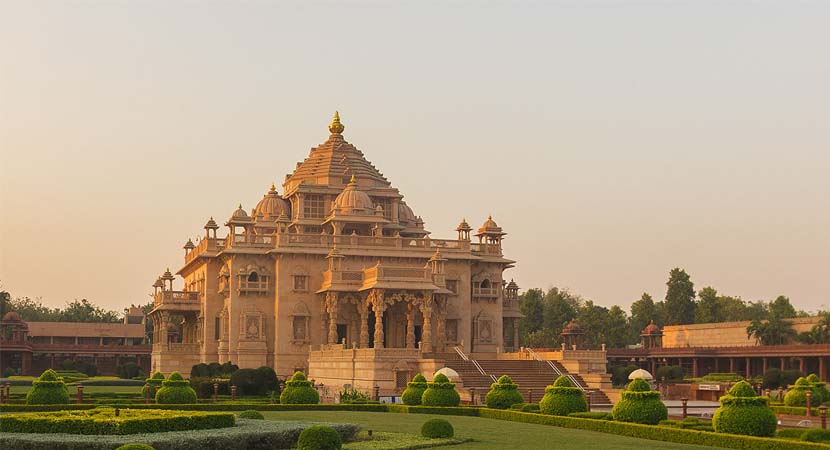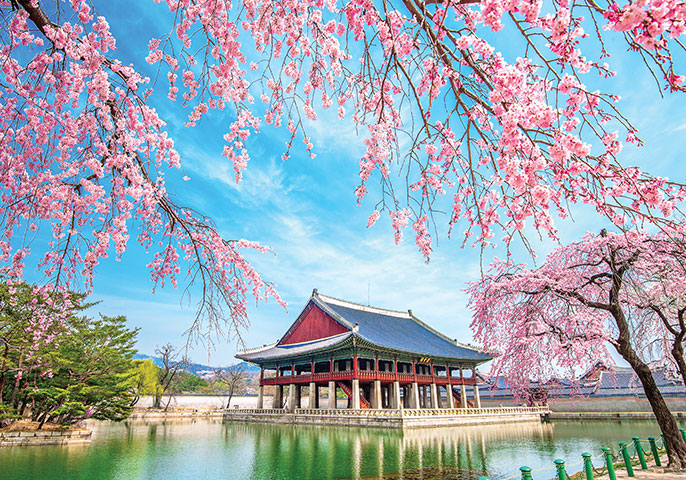Tuesday, March 19, 2024

Easter, a time of reflection and joy across the globe, unveils its unique splendor in Asia through a mosaic of cultural festivals that blend tradition, spirituality, and community celebration. Across this vast continent, Easter is not merely a religious observance but a vibrant testament to Asia’s diverse cultural heritage.
From the solemn rituals in the Philippines to the festive carnivals of India, and the traditional elegance of Indonesian Easter, this article delves into how different Asian countries celebrate this springtime festival, showcasing the rich tapestry of customs and festivities that mark Easter in Asia.

Philippines: A Blend of Faith and Festivity
In the predominantly Catholic Philippines, Easter, known as “Pasko ng Pagkabuhay,” is a significant and deeply spiritual holiday. The week leading to Easter, Holy Week, is marked by various rituals and observances, culminating in the joyful Easter Sunday celebrations. Unique to the Philippines is the “Salubong,” a pre-dawn reenactment of the Virgin Mary’s meeting with the Risen Christ, complete with angel-costumed children and festive singing, symbolizing joy and renewal. The country’s Easter celebrations are a vivid display of faith, blending solemnity with jubilation.

India: Cultural Diversity in Easter Celebrations
In India, a nation known for its vast cultural and religious diversity, Easter is celebrated with fervor by the Christian communities, especially in the states of Kerala, Goa, and the northeastern regions. Each area adds its local flavor to the celebration.
In Goa, Easter is synonymous with colorful carnivals, elaborate feasts, and the famous “Sorpotel,” a traditional Goan pork dish prepared especially for Easter. Kerala, with its large Christian population, observes Easter with night-long prayers, splendid church services, and community feasts. The northeastern states, with their unique tribal cultures, celebrate Easter with traditional dances, music, and indigenous rituals, showcasing the rich tapestry of India’s cultural diversity.

Indonesia: Easter on the Island of Flores
In Indonesia, a country with a Muslim majority, the island of Flores stands out for its significant Catholic population and distinctive Easter celebrations. The island’s name, meaning “flowers” in Portuguese, reflects its breathtaking natural beauty, which forms a serene backdrop for the Easter observances. One of the most remarkable events is the “Semana Santa” in Larantuka, a week-long festival starting on Palm Sunday and culminating in an elaborate procession on Good Friday, known as the “Procession of the Sorrowful Mother.” This event attracts pilgrims from across Indonesia and beyond, showcasing Flores’ unique blend of Catholic tradition and local culture.

South Korea: Easter as a Time of Renewal
In South Korea, where Christianity plays a significant role in the religious landscape, Easter is celebrated with great enthusiasm. Churches across the country hold special services, and believers partake in sunrise prayers, symbolizing the resurrection of Jesus Christ and the hope of new beginnings. South Korean Easter traditions also emphasize community service and outreach, with many churches organizing events to help the less fortunate, reflecting the Easter message of love, sacrifice, and renewal. The day is also marked by the joyous gathering of families and friends, sharing meals and exchanging gifts, highlighting the communal aspect of the celebration.
Lebanon: Easter Amidst Ancient Traditions
Although not in Asia, Lebanon’s Easter celebrations offer an insightful contrast, highlighting the region’s rich Christian heritage amidst its diverse religious landscape. In Lebanon, Easter is a time of grandeur and solemnity, with churches and homes decorated elaborately to mark the occasion. The unique “Egg Tapping” tradition, where individuals tap their boiled eggs against others to see whose egg will break last, symbolizes victory over death and is a beloved Easter custom. Lebanese Easter is also known for its sumptuous feasts, featuring traditional dishes like “Maamoul,” a sweet stuffed pastry that is a staple of Easter celebrations.
Embracing Tradition and Diversity
Easter in Asia is a beautiful illustration of how a global religious festival can intertwine with local cultures, creating unique celebrations that reflect the diversity and richness of the continent’s heritage. From the Philippines to South Korea, each country’s Easter festivities reveal a deep respect for tradition while embracing the communal and universal aspects of the Easter message. These celebrations not only provide a fascinating glimpse into Asia’s cultural diversity but also remind us of the power of shared rituals and stories to bring people together, transcending boundaries and fostering a sense of unity and renewal.
The Easter cultural festivals in Asia are a testament to the continent’s rich tapestry of traditions, religions, and communities. Through the lens of Easter celebrations, we witness the beautiful confluence of faith, culture, and communal spirit that defines Asia’s approach to this global holiday.
Whether it’s through solemn religious observances, vibrant processions, or the simple joy of community gatherings, Easter in Asia offers a unique perspective on how universal themes of renewal, hope, and joy are interpreted and celebrated across different cultures. These festivities not only enrich the Easter experience but also contribute to the cultural richness and diversity that define Asia.
Tags: Asia, asia travel, easter, Easter travel
Saturday, April 27, 2024
Saturday, April 27, 2024
Saturday, April 27, 2024
Friday, April 26, 2024